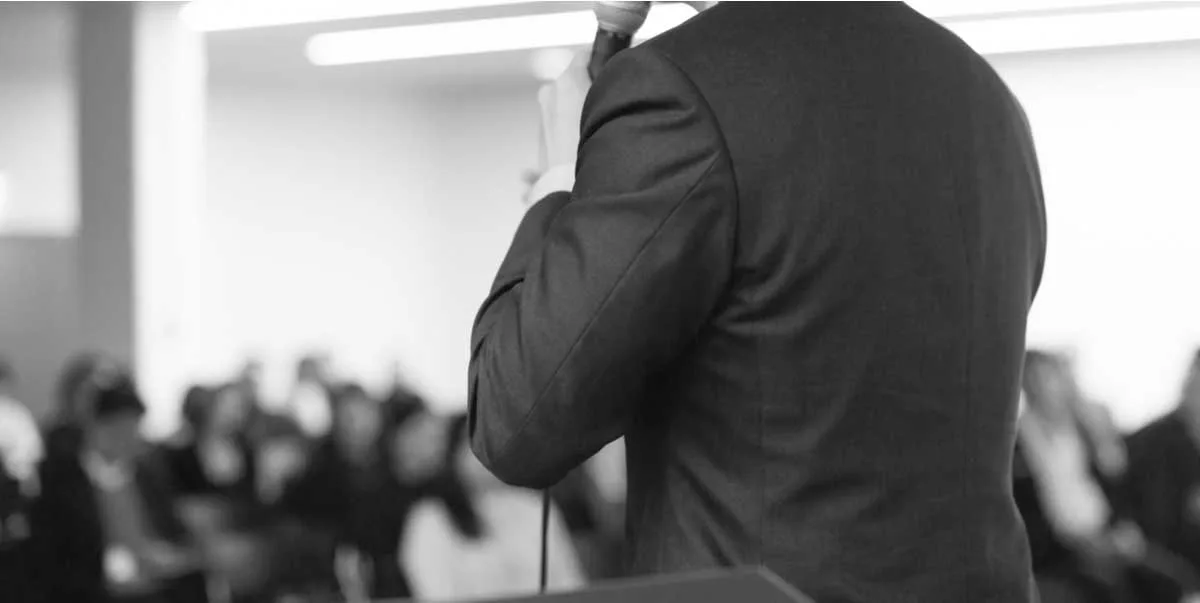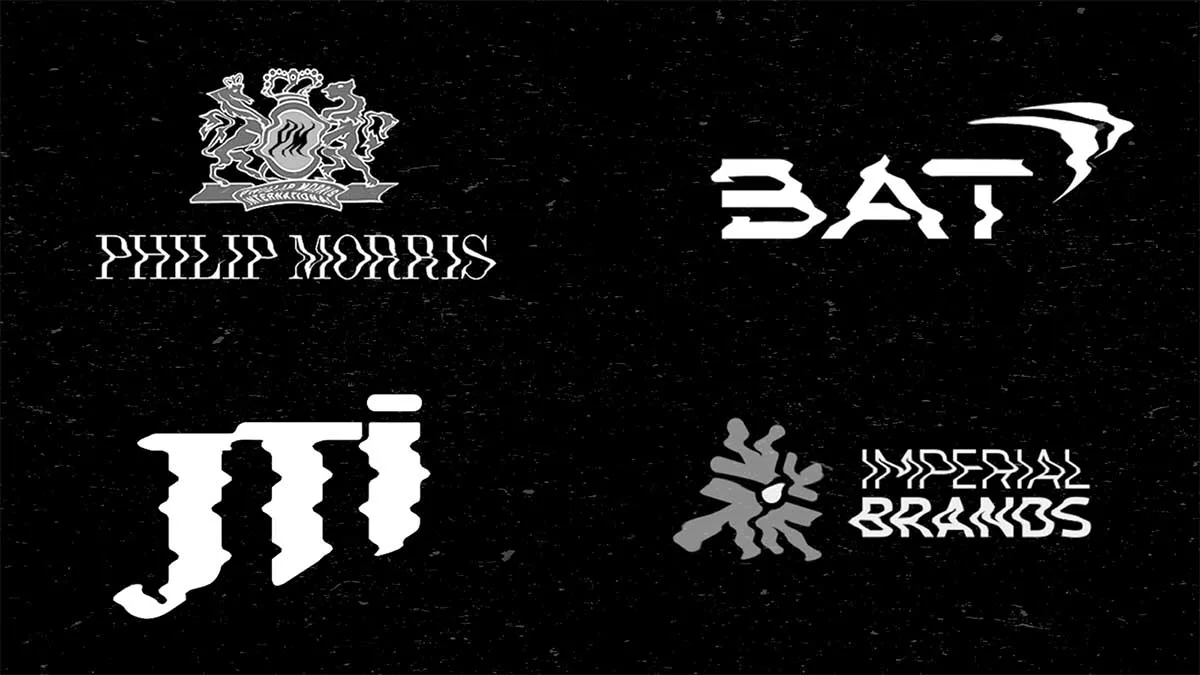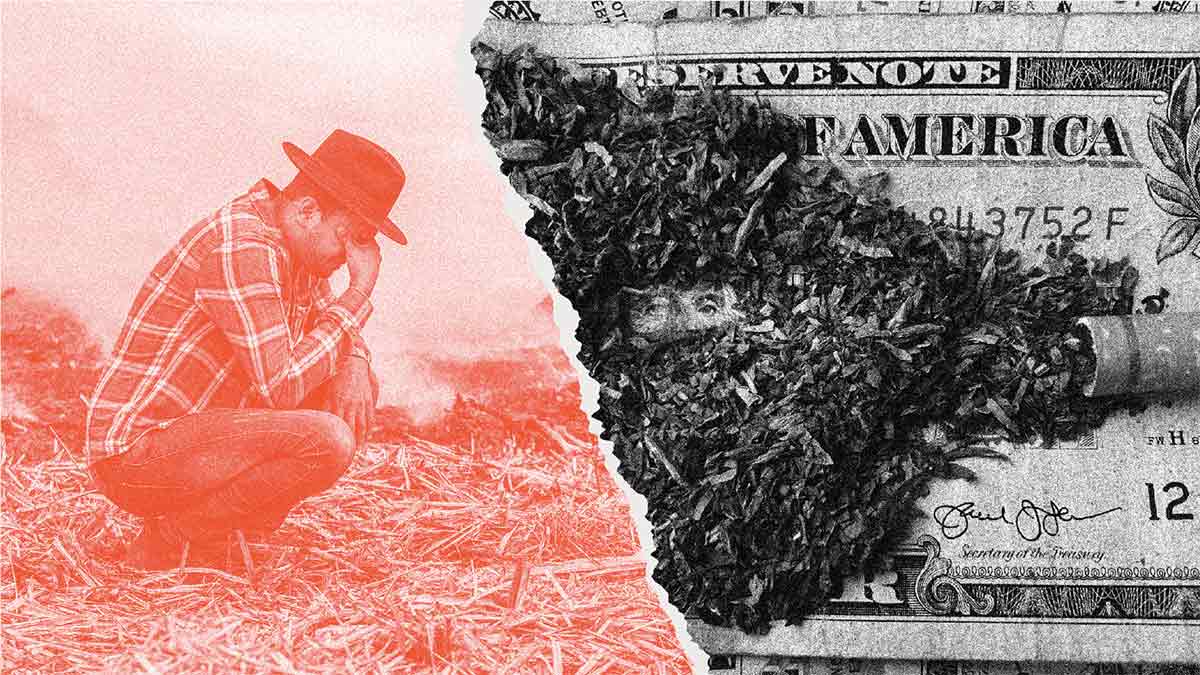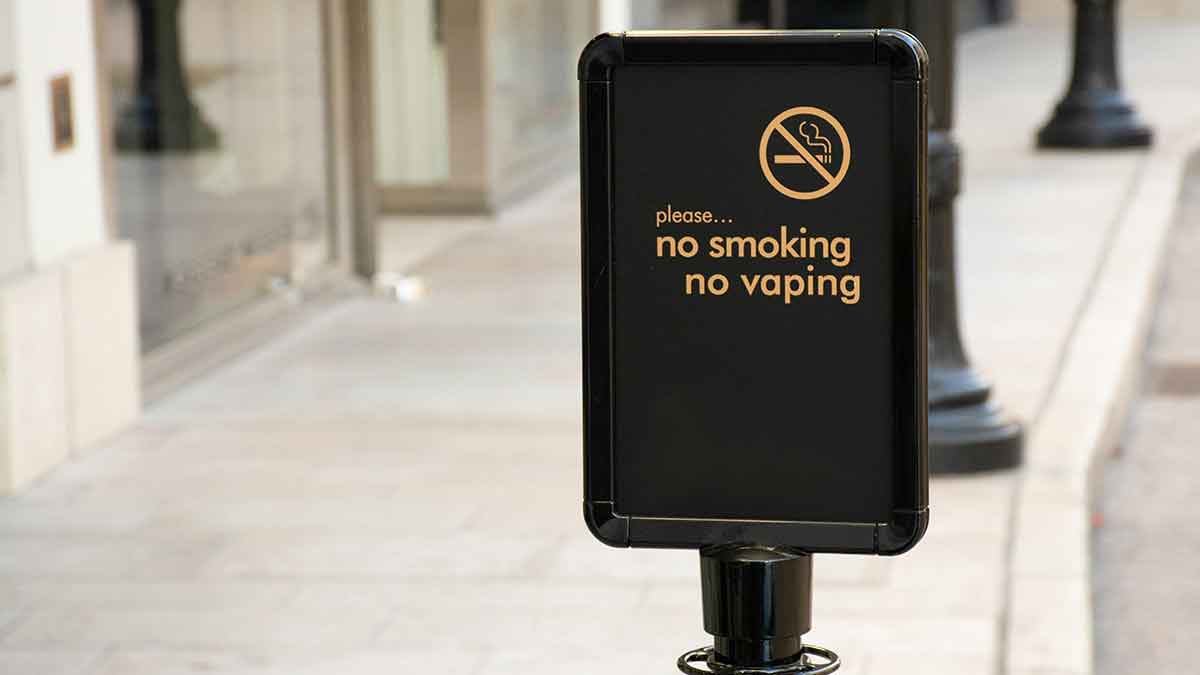- Resources
- News
-
-
Get Email Updates
Sign up for STOP's emails and never miss an update on our latest work and the tobacco industry's activity.
-
Get Funding
Ready to tackle industry interference? You could be eligible for a grant.
-
Share a Tip
Do you have information on tobacco industry misconduct in your country? Let us know.
-
Get Email Updates

Reject tobacco participation in UNGA Side Events, such as the Concordia Summit
The tobacco industry is a barrier to achieving the Global Goals. Its products harm the environment and kill more than eight million people every year. Yet, tobacco companies and their allies are trying to posture with UN and global leaders by hosting or participating at side events during the UN General Assembly (UNGA). Such events are helping them gain the appearance of credibility and obscure the extent of the harm caused by their products.
For example, cigarette giant Philip Morris International (PMI), a sponsor of Concordia, is listed as having two speakers on the same program with the UN Secretary General, UNICEF and other government dignitaries at the Concordia Summit. In 2018, the WHO Director General had to pull out of the same event after discovering that it was sponsored by PMI, a fact that Concordia did not reveal until shortly before the event. In 2019, we published a warning ahead of time.
Concordia, despite receiving repeated expressions of concern over its links to the tobacco giant, continues to provide PMI with a platform. This allows PMI to spread messaging that appears to undermine trust in established science and health authorities. That is clearly in the commercial interests of PMI, not health.
PMI alone still produces more than 600 billion cigarettes every year and it may now be incentivized to increase harms its products cause. Despite calls from concerned patients and alarm from medical societies, health experts and ethical investors, PMI recently acquired pharmaceutical companies whose products treat lung and heart conditions. PMI now stands to profit twice over—from selling the treatment, as well as the cause, of diseases which may be tobacco-related.
Those joining an event that includes participation from PMI are potentially complicit in helping the tobacco industry further its commercial interests at the expense of public health and the global goals. Any perceived endorsement by UN agencies and political leaders may help the tobacco industry secure access to national and local policymakers, potentially in violation of the WHO Framework Convention on Tobacco Control (WHO FCTC Article 5.3).
The tobacco industry’s internal documents show that such access to international organizations is part of a strategy to establish credibility and legitimacy, and help it market new products that investigative reporting has suggested are targeted at young people. Over 65 countries ban all forms of tobacco sponsorship such as the Concordia partnership—and any tobacco sponsorship promoted online potentially violates these bans.
Civil society has consistently denounced the tobacco industry’s use of side events and participation during global events from which it is otherwise barred (the World Economic Forum is another example) to gain access and be seen alongside global leaders. Earlier this year, when Philip Morris sponsored Nikkei’s Future of Asia conference and secured a its CEO as a speaker, heads of state responded to civil society’s alerts by withdrawing from the event. Philip Morris’ sponsorship and speaker were eventually withdrawn.
We call on all UN agencies and policymakers to refuse participation at such events and act according to the mandates of the WHO FCTC. Doing so would avoid furthering the public relations interests of the tobacco industry and be a step toward achievement of the global goals.


